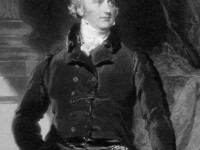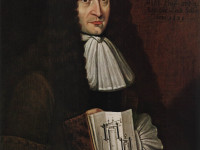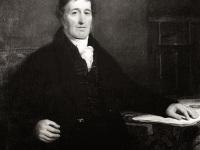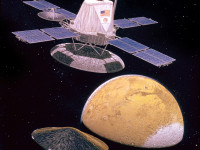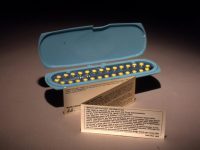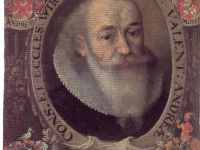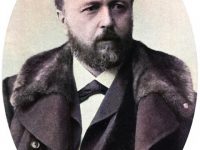Astley Paston Cooper – A pioneer in Experimental Surgery
On August 23, 1768, English surgeon and anatomist Sir Astley Paston Cooper was born. He made historical contributions to otology, vascular surgery, the anatomy and pathology of the mammary glands and testicles, and the pathology and surgery of hernia. Astley Cooper – Medical Career Astley Cooper was born at Brooke Hall in Brooke, Norfolk to Dr Samuel Cooper, a clergyman of the Church of England and Maria Susanna Bransby, the author of several novels. At the age…
Read more

